Hera - SPICE

This is the web home for SPICE data for Hera. For information about the mission operations, go to the Hera space engineering & technology web.
HERA SPICE KERNELS SET
The ESA SPICE Service (ESS), in collaboration the Hera Working Groups and the Instrument Teams, produces a SPICE Kernel Dataset (SKD) for the Hera mission. A complete description including naming convention and an index of the contents of the Hera SKD can be found in the description of the hera repository.
The Hera SPICE Kernels dataset consists of several SPICE kernels, organised as follows:
The SKD has the following directory structure (the current version might not be complete):
- root directory (named after the mission: hera)
- kernels
- ck: Kernels that contain orientation for the spacecraft and some of its structures, (solar arrays, for instance).
- fk: Kernels that define reference frames needed for the Mission.
- ik: Kernels for the instruments on board the spacecraft.
- lsk: Leapseconds kernel.
- mk: Meta-kernel files (a.k.a "furnsh" files) that provide lists of kernels suitable for a given mission period in the appropiate order.
- pck: Kernels that define planetary constants.
- sclk: Spacecraft clock coefficients kernels.
- spk: Orbit kernels, for the spacecraft and other solar system bodies.
- dsk: Digital Shape kernels for extended bodies such as the Didymos system
- misc
- release notes: Includes the Release Notes of the SKD.
- cosmo: The SPICE-enchanced configuration for the hera mission.
- other: different directories of interest.
- kernels
OBTAINING THE KERNELS
The complete Hera SPICE Kernel Dataset can be obtained from the ESA SPICE Service HTTPs or the ESA SPICE Service FTP.
In order to obtain the latest operational kernels we recommend you to download the kernels listed in the metakernel. Hera has a different flavour of metakernels that are described below.
The latest version of the SKD's operational sub-set -including only the latest kernels listed on the metakernel- can be obtained either via:
- Direct Download (Zip file with the latest version of the Hera SKD in Git)
- Browse the kernels individually
- BitBucket Git Repository
The latest operational metakernels of Hera are the following:
| Name | Overview | Metakernel |
| PLAN |
Contains the latest available planning kernels generated by the operational pipeline based on Flight Dynamics inputs, these kernels are used for science operations planning purposes. It also includes the CReMA 2.1 kernels with lower priority. |
plan |
| OPS | Contains the latest available operational kernels generated by the operational pipeline based on Housekeeping Telemetry input, these kernels are used for data analysis. | ops |
The latest metakernel each study trajectory of Hera are the following:
| CReMA | Overview | Main Update | Metakernel |
| 2.1 | Baseline trajectory, launch on October 7th 2024 (cruise + ECP + PDP) |
|
hera_crema_2_1 |
| 2.0 | Baseline trajectory, launch on October 7th 2024 (cruise + ECP + PDP) |
|
hera_crema_2_0_LPO_ECP_PDP |
| 2.0 | Baseline trajectory, launch on October 27th 2024 (cruise + ECP + PDP) |
|
hera_crema_2_0_LPC_ECP_PDP |
| Study | Study trajectory, launch on October 8th 2024. |
|
hera_study_PO_EMA_2024.tm |
| Study | Study trajectory, launch on October 22nd 2026. |
|
hera_study_PO_EA_2026.tm |
The Release notes of the latest version of the Hera kernel collection can be seen here.
ORIGIN OF THE KERNELS
KERNELS CREATED BY THE ESA SPICE SERVICE
The ESA SPICE Service collaborates with the Instrument Teams to create instrument and frames kernels for hera:
- Operational SPK, CK and SCLK kernels will be generated by the SPICE Operational Pipeline (ADCSng).
- Preliminary SPK kernels with trajectory of hera created by Mission Analysis.
- Preliminary CK kernels with orientation of hera created by ESA SPICE Service.
- RSSD frames kernel.
- The instrument kernels (IK) have been developed by the ESA SPICE Service and the Instrument Teams.
- The Hera frames kernel has been created by the ESA SPICE Service.
GENERIC KERNELS PROVIDED BY NAIF
NAIF generates kernels that are mission independent. Some of them are used by ESA missions:
- Binary and text PCK and LSK kernels.
- Some SPK kernels with ephemeris of the Solar System bodies.
- SPK kernels for ground stations.
- Frames kernels for ground stations.
WEBGEOCALC
The WebGeocalc tool (WGC) provides a web-based graphical user interface to many of the observation geometry computations available from the SPICE system. A WGC user can perform SPICE computations without the need to write a program; the user need have only a computer with a standard web browse.
Access to the WebGeocalc here.
For more information on WeGeocalc go to the NAIF WebGeocalc description.
STAYING TUNED
If you want to receive updates and notifications for SPICE for Hera you might join the SPICE_HERA mailing list here.
Notifications from the ESA SPICE Service can also be obtained via twitter.
You can also join the #SPICE channel in the OpenPlanetary Group in Slack. You can access using this link.
- Removed a total of (1) style text-align:center;
- Removed a total of (2) align=center.
- Removed a total of (2) border attribute.
- Removed a total of (2) cellpadding attribute.
- Removed a total of (2) cellspacing attribute.
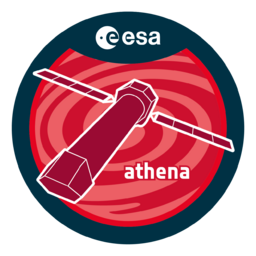
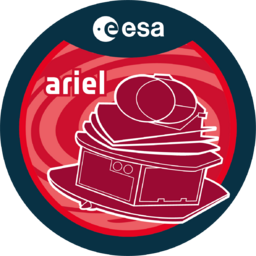
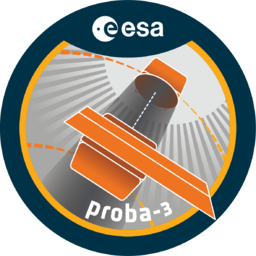
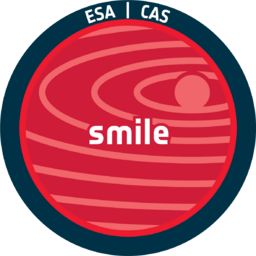
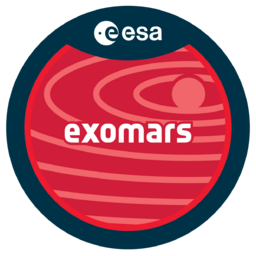
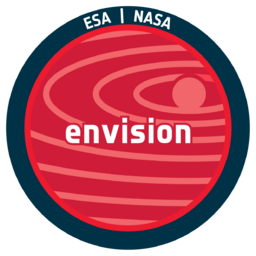
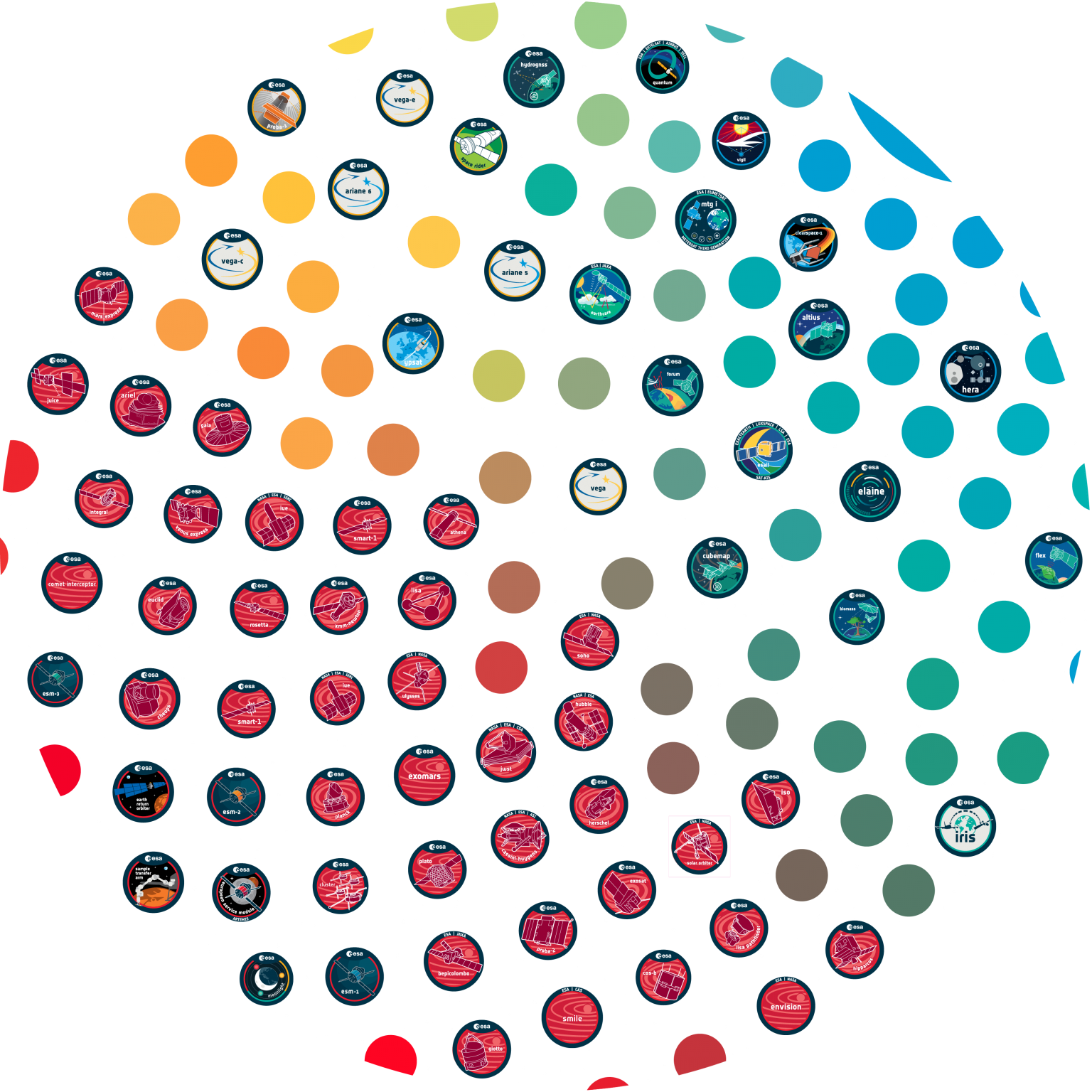
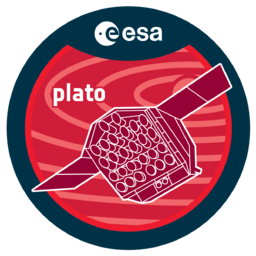
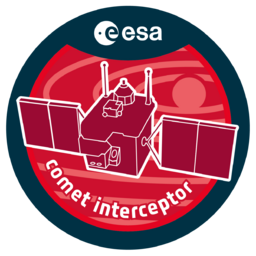

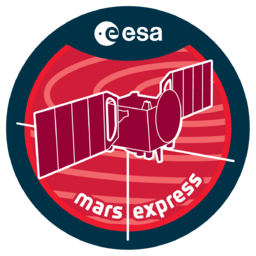
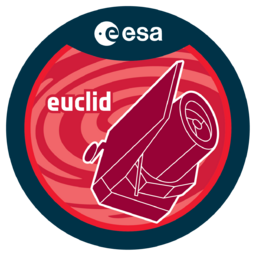
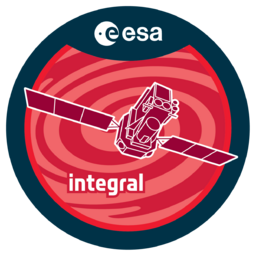
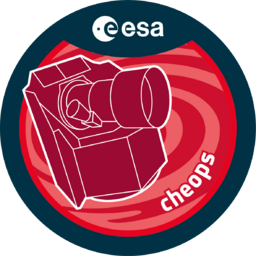
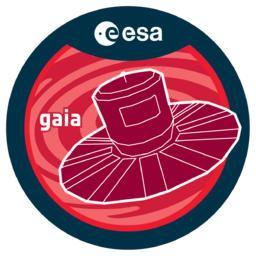
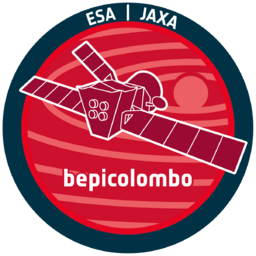
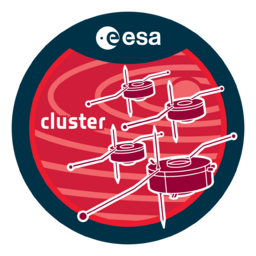
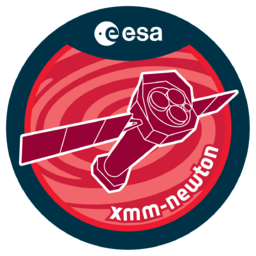
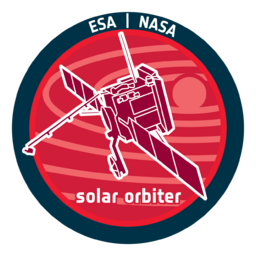
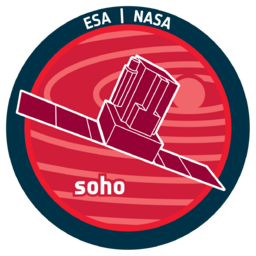

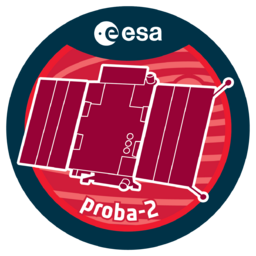
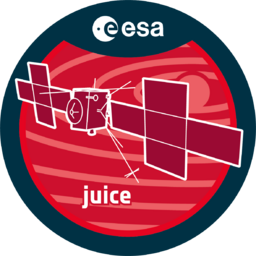

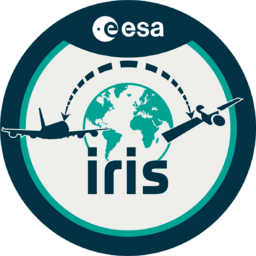
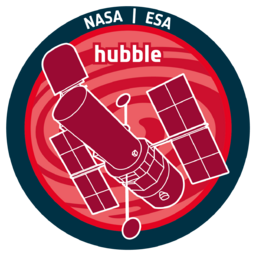
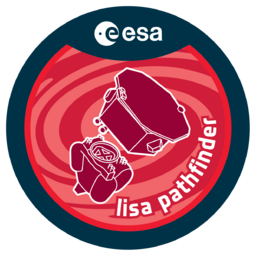
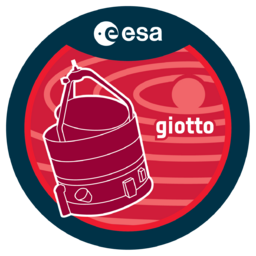
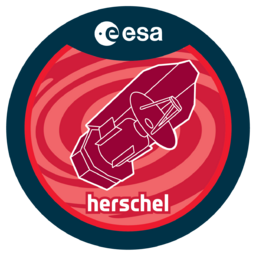
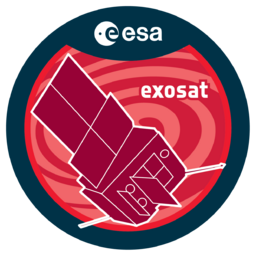
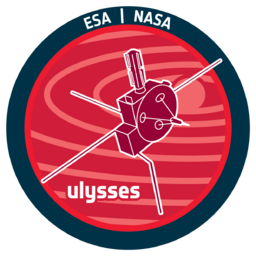
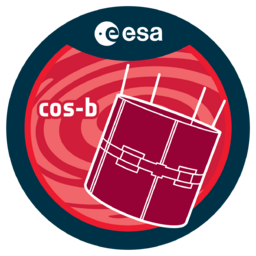
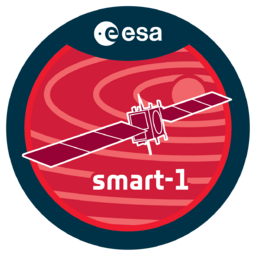
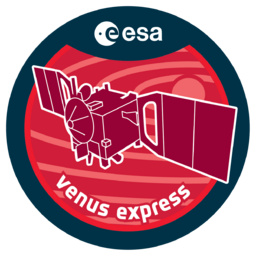
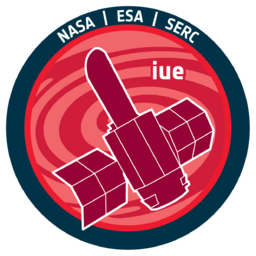
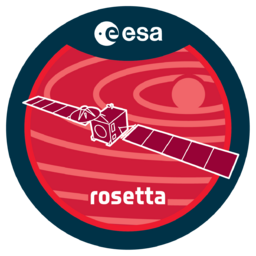
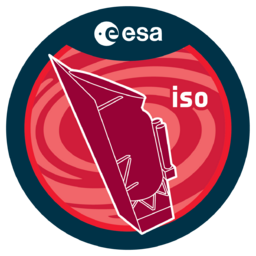

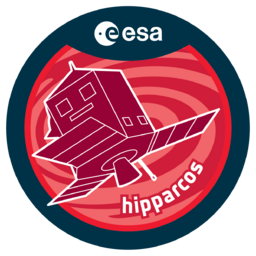

 Sign in
Sign in
 Science & Technology
Science & Technology